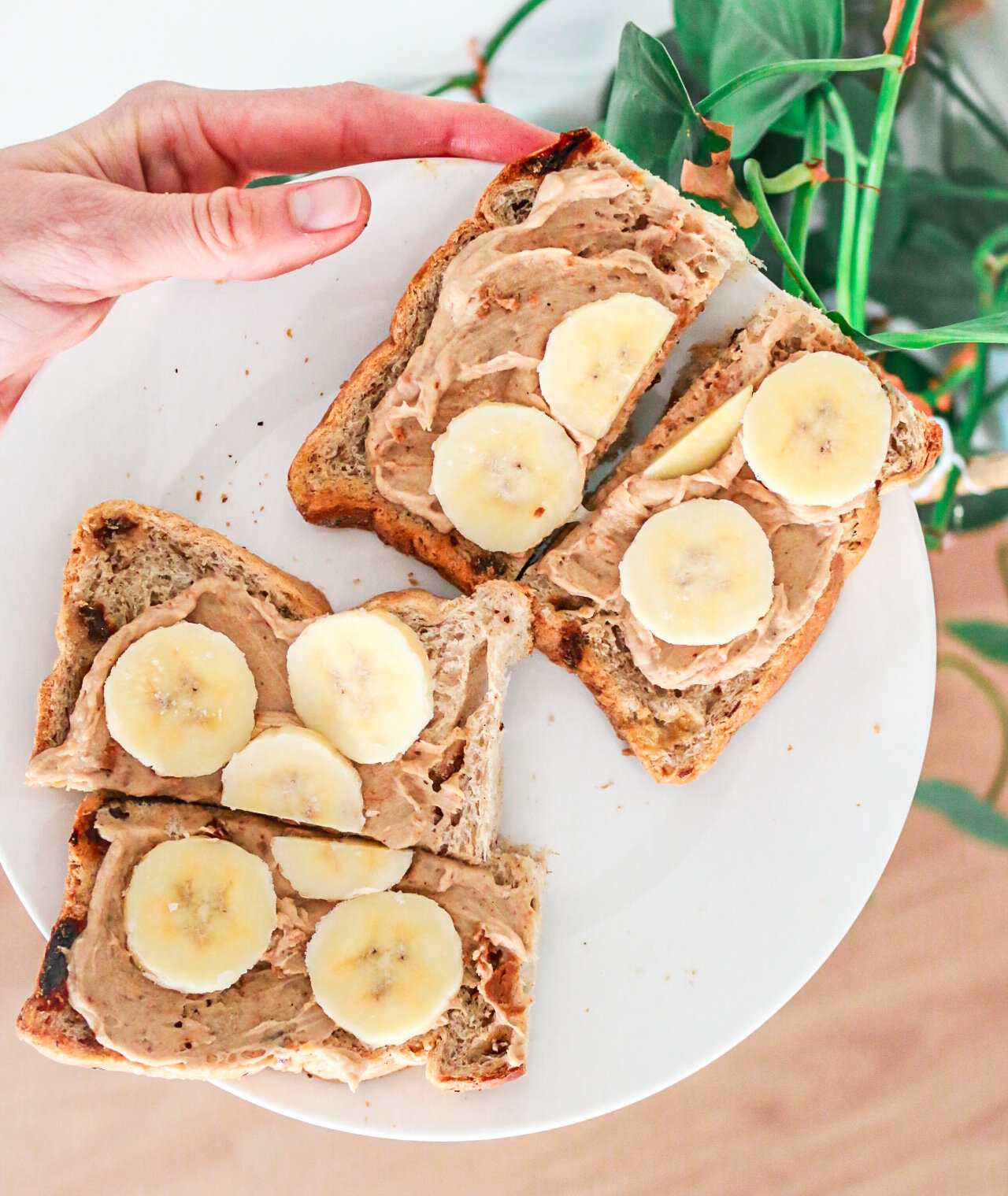Digestive Issues in Eating Disorder Recovery
Bloating, stomach pains, constipation, extreme fullness and discomfort, indigestion, gas…as if recovery from an eating disorder wasn’t already hard enough without all of these very unpleasant and uncomfortable digestive complaints that commonly (read: almost always!) come with it.
When I first started my recovery, and eating (a lot) more food than I had been previously, it was not only mentally hard but physically hard too. Constant bloating, alternating diarrhoea and constipation, indigestion and reflux, gas, pain and feeling nauseous were just some of the things I, and many others, went through during the recovery and healing process. And I’m writing this blog post to talk about exactly these things, which no one ever really talks about. To tell you that you are not alone, that these symptoms are normal, and it will pass. As well as a few simple little things you can do that help make it a little less scary and uncomfortable.
During my eating disorder, it felt like my stomach had shrunk. Even very small amounts of food left me feeling full. Little did I know that restriction does in fact cause the smooth muscle that lines our entire digestive tract to ‘shrink’ and become weaker (the correct term for this is muscle atrophy, which is essentially the wasting away of muscle due to inadequate nutrition and use of that muscle), so food empties at a much slower rate than usual, and literally sits in the stomach or bowel for hours longer than it would with a healthy person - often leading to the typical bloating, pain and gas. Dieting, binge eating and purging have this same effect on our digestive muscles.
It takes time for the body to get used to getting fuel on a regular basis again, no matter what foods you are eating. Wasting and weakness of the muscles that support (hold together) your abdominal cavity can mean that the belly looks especially distended during the re-nourishing process - simply because the muscle isn’t there that would normally be holding your core!! And no, this can’t be fixed by doing 1000 crunches every night - it can only be fixed through weight restoration and adequate nutrition to gain and maintain that essential lean mass. Patience and regular meals and snacks that is.
High volume and fibre-rich foods (often the ‘safe foods’ of people with eating disorders) can actually exacerbate this during recovery when energy requirements are high, due to taking up more room in the stomach and being harder to digest then slightly more processed, lower fibre and more energy dense foods (you will soon learn to make these your best friends in recovery!).
Although the end goal of recovering from an eating disorder is being able to listen to your body’s hunger and fullness cues and eat intuitively, during the re-nourishing and weight restoration process, those cues are way off. This is where it’s really important to work together with a qualified nutritionist/dietitian who specialises in eating disorders, to learn what and how much your body needs to heal and repair its way to health and recovery. And YES, that means basically the opposite of intuitive eating, pushing through that physical and mental discomfort and following a plan no matter what your body is ‘telling you’. You can read more about meal plans vs intuitive eating in recovery here.
I’m not going to lie, it’s hard. Damn hard. But so worth it.
Do I have IBS?
Irritable bowel syndrome or IBS is a collection of digestive symptoms, such as bloating, constipation or diarrhoea (or a combination), gas and cramps. This is commonly seen in people with eating disorders for a few reasons:
People with eating disorders often have an increased awareness of their body, which leads them to feeling ‘digestive symptoms’ that people without eating disorders may not even notice, or pay any attention to.
Due to the strong brain gut connection, anxiety and stress (basically the constant feelings of someone with an eating disorder!) lead to worsening of digestive symptoms, as our bodies are in that ‘fight or flight’ mode where digestion isn’t a priority.
Malnutrition and food restriction has a significant effect on the gut microbiome, which is essentially results in your body ‘forgetting’ how to process many of the foods avoided for periods of time. These often include foods such as gluten containing foods, processed foods, nuts, legumes etc, and as these foods are reintroduced, symptoms may arise initially due to lack of adequate gut microbes and enzymes required for the digestive process. This significantly improves with recovery!
The above mentioned fact that the entire digestive tract has become very ‘weak’ and slow due to malnutrition, muscle atrophy and a very slow metabolic rate, resulting in sluggish digestion and gastroparesis.
In fact, studies show that around 98% of people with eating disorders meet the criteria for a functional gut disorder (functional means there is no structural or biochemical abnormalities present yet persistent and reoccurring symptoms!), and 50% meet the criteria for IBS. So once again, you are SO not alone if this is your experience too.
The good news.
It gets better! With recovery, meaning adequate and regular nutritional intake, weight restoration (if needed) and time, the gut does heal too. These symptoms can be a big barrier for recovery, but unfortunately the only way out is pushing through, and having the faith that over time, you WILL start to feel so much better and return to having a healthy functioning digestive system again!
I will be writing another post on minimising and coping with these digestive symptoms during recovery soon, so stay tuned for that!
I hope this post was helpful, and as always, if this is something that you would like help in navigating and working through, please don’t hesitate to reach out to me and book in for a one-on-one consult.




